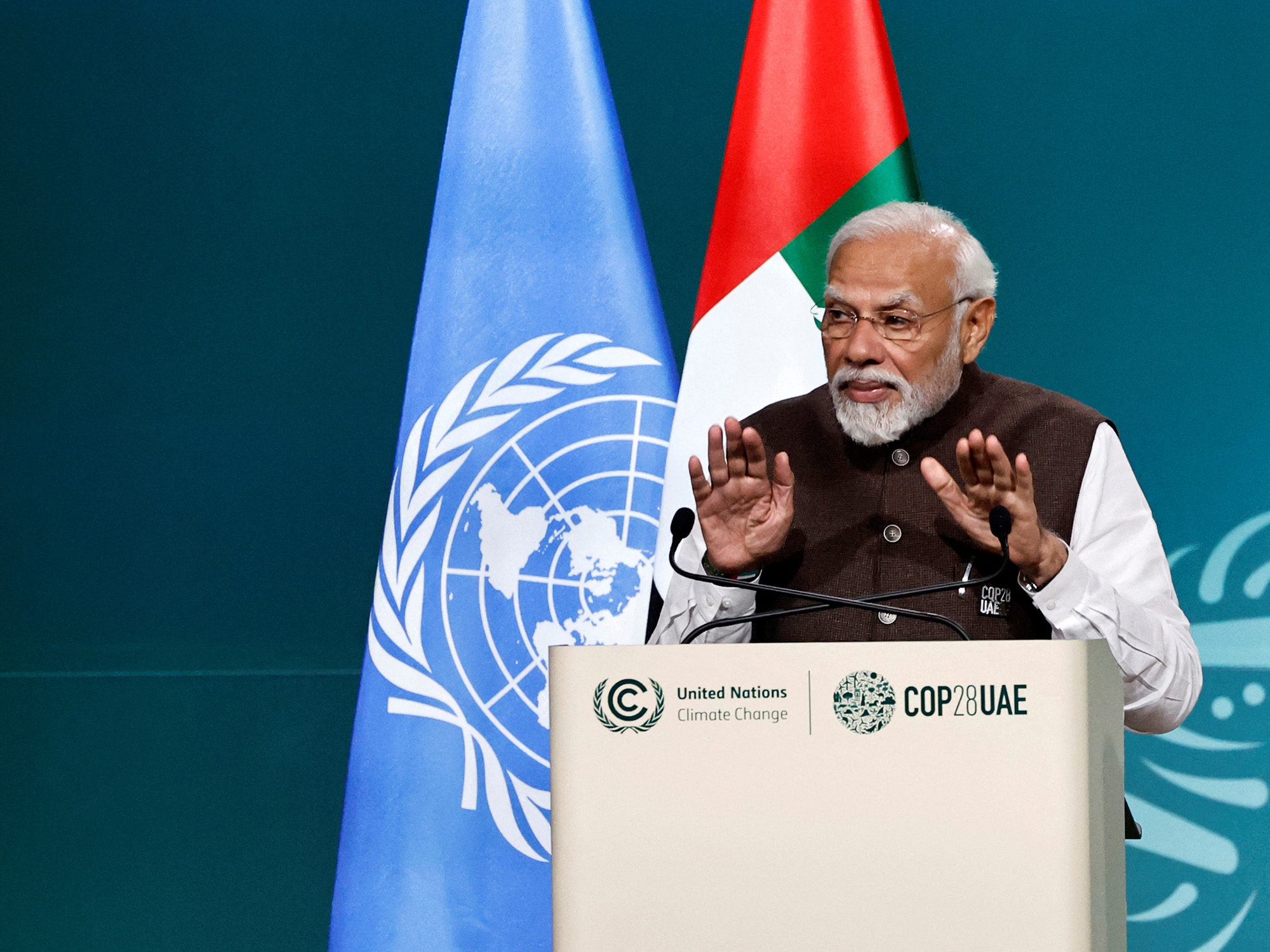
Climate change induced recurring set of hazards have repeatedly put its people and businesses at high risk of lost assets, health, livelihoods, or even lives, with global economic losses from disasters due to natural hazards in 2022, amounting to USD 275 billion, observes a Finance Ministry note on Wednesday. However, financial coping mechanisms, such as insurance schemes, could boost resilience against such hazards as data over the past decade shows annual global insured catastrophe losses have accounted for an average of more than USD 100 billion peaking in 2017 with a payout of more than USD 154 billion. At USD 125 billion, insured losses covered 45 per cent of the damage, says the concept note.
The Finance Ministry plans to drive global recognition of the need for countries to tap well-proven financial coping mechanism such as insurance schemes that could boost resilience against such hazards through a regional workshop on the role of insurance in financing climate risks. This seminar will bring together insurers, public authorities, and related stakeholders to discuss how to more extensively tap and leverage the very promising technical expertise and financial strengths of the insurance industry. The paper highlights the advantage of pooling risks at national and regional level into a diversified portfolio to absorb the shock of disasters or losses, and eventually reduce loan default rates. This helps firms maintain creditworthiness after disaster events while it makes insurance more affordable for policyholders and returns on investment more sustainable to capital providers. The study suggests that governments can set up national and regional insurance pools retaining some of the high frequency and low-severity risks to be financed through public reserves and capital and transfer less frequent and more severe losses to the private (re)insurance and capital markets.
The workshop will also highlight the merit of insurance which, beyond simply offering protection, can also de-risk investments and mobilise private investors. This is important, because investors often avoid development projects that are too risky, particularly in emerging markets. De-risking can, for instance, promote climate mitigation investments that involve innovative technology and also make the investment characteristics of social infrastructure assets and natural capital more attractive to long-term institutional investors. The insurance industry has developed tools to determine vulnerabilities by deploying sophisticated climate, geological, and pandemic risk models.
The workshop will dwell on the role of insurance in building resilience to climate change with focus on the potential and the experience of public private partnership to optimise and extend the use of insurance and its related risk management capabilities to build greater resilience and protection for people, communities, businesses, infrastructure and public institutions.
\These learnings will be shared by the Insurance Development Forum (IDF), a PPP led by the insurance industry and supported by international organizations was officially launched by leaders of the United Nations, the World Bank and the insurance industry in 2016.
The Finance Ministry workshop will also deliberate on de-risking energy efficiency investments. The International Energy Agency (IEA) has shown that investment into energy efficiency measures could deliver more than 40 per cent of the emissions abatement required to reach the Paris Agreement goals in a sustainable development scenario. The discussion will focus on the benefit of credit guarantees, energy efficiency and savings insurance.















